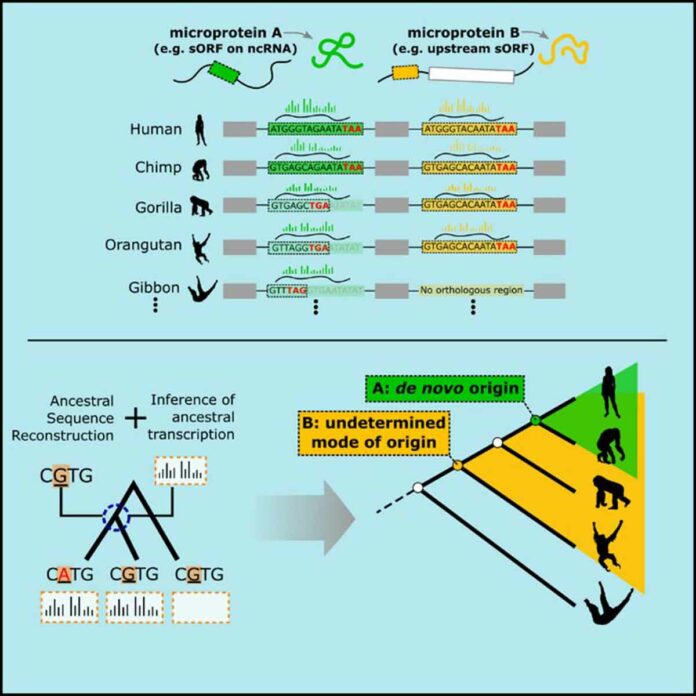Modern humans diverged from our chimp ancestors nearly 7 million years ago. But we are still evolving. Within the human lineage, many new genes have spontaneously arose from tiny sections of our DNA. 155 of them have been identified till now. Some of these new genes date back to the origins of mammals. A few of these “microgenes” have been linked to human-specific diseases. This study was published in the journal Cell Reports on December 20.
The researchers created an ancestral tree comparing humans to other vertebrate species. They have used a previously published dataset of functionally relevant new genes. They followed the evolution of these genes and discovered 155 that arose from regions of unique DNA. New genes can arise from existing duplication events in the genome. But these genes arose from the ground up.
44 of the 155 new genes have been linked to growth defects in cell cultures. It demonstrated their importance in maintaining a healthy living system. These genes are unique to humans and their direct testing is difficult. Researchers have to find another way to investigate the effects of these new genes on the body. Scientists have looked for patterns in DNA that could indicate whether these genes are involved in specific diseases.
Three of the 155 new genes have disease-associated DNA markers. It indicates links to conditions like muscular dystrophy, retinitis pigmentosa and Alazami syndrome. The researchers also discovered a new gene linked to human heart tissue. This gene appeared in humans and chimps shortly after the split from gorillas. This shows how quickly a gene can evolve to become essential for the body.
More information: Aoife McLysaght, De novo birth of functional microproteins in the human lineage, Cell Reports (2022). DOI: 10.1016/j.celrep.2022.111808. www.cell.com/cell-reports/full … 2211-1247(22)01696-5

